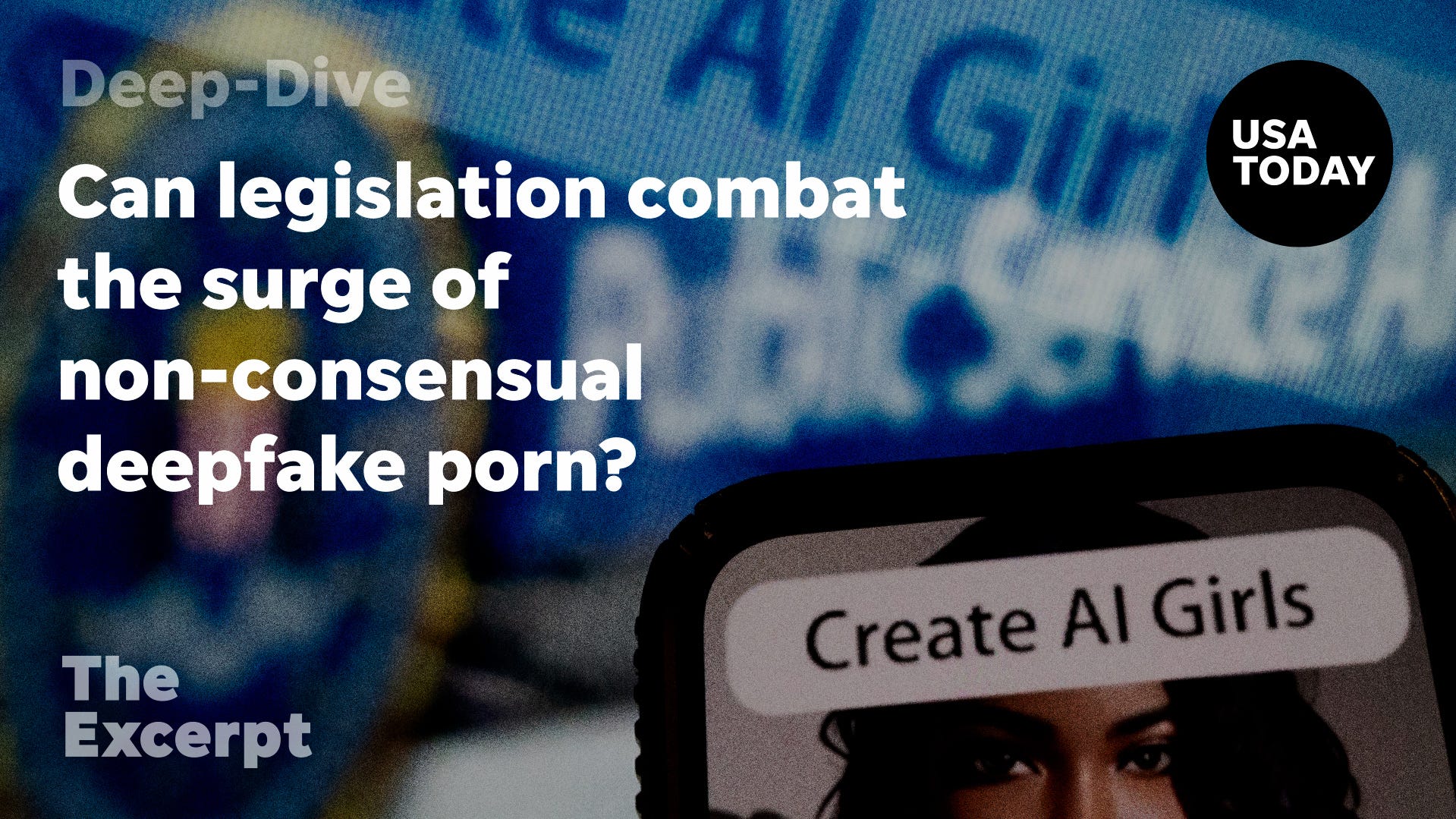Republicans appeal to morality with porn ban bill. Will it turn off their base? | Opinion
For a party that, until recently, struggled to connect with younger voters, it's a risky move to send the message: 'We trust you with guns – but not with Google'

Are you worried about paying your bills? Affording health care? Or watching democracy crumble like a Nature Valley granola bar?
Well, never fear, Utah Senator Mike Lee is here to protect you from the real threat: your incognito tab.
Yes, Lee and fellow Republican Rep. Mary Miller's Interstate Obscenity Definition Act would criminalize all pornography.
The bill would create a national definition of obscenity under the Communications Act of 1934 and amend the Supreme Court's 1973 "Miller Test" for determining what qualifies as obscene. Content could be deemed obscene if it depicts or describes "actual or simulated sexual acts with the objective intent to arouse, titillate or gratify the sexual desires of a person."
That's a definition so wide it could sweep up a whole lot of HBO shows with it.
Aiming at base instincts could target prime GOP base
Beyond that glaringly wide net of a definition, this seems like just another virtue signaling culture war proposal that will never actually make it to President Donald Trump's desk. But, then again, who knows. One of Project 2025's many goals was to permanently criminalize all pornography.
So if this legislation were to actually gain momentum, we could witness the GOP alienate one of its newly secured voting blocs: chronically online young men.
Since the November 2024 election, the conversation about young men's shift to the right has been written about ad nauseum. So much so, "manosphere" is likely in the running for Webster's 2025 Word of the Year.
We know that young men helped elect Trump. They're enmeshed in online political discourse. And yes – many of them are consumers of exactly the content this bill targets.
The modern right wing movement has spent years cultivating this audience: through podcasts, YouTube influencers, "anti-woke" crusades and appeals to grievance politics. These young men have been told, repeatedly, that their frustrations with feminism, social progress and a rapidly changing culture are valid – and that the right will fight for them. But this bill does the opposite.
It tells them: You, too, are the problem.
It's hard to overstate how deeply ingrained online adult content is in the digital ecosystem these voters inhabit. Platforms like OnlyFans, PornHub and other streaming sites have become – whether we like it or not – a major outlet for young men who feel disconnected from traditional relationships and left behind economically. Taking that away, without offering anything in its place, is a recipe for alienation and backlash.
And it's not just about habits or personal freedom. This is a policy so extreme that it risks turning a culture war into a self-inflicted political wound. Banning all porn doesn't just raise enormous First Amendment concerns – it invites backlash from libertarians, moderates, and yes, the online foot soldiers of the "anti-woke" movement.
Moral posturing means we don't have to address real issues
Instead of focusing on real issues – economic insecurity, mental health, loneliness, sex education – this proposal feels like a distraction. A symbolic gesture that ignores root causes in favor of moral posturing.
There are serious debates to be had about online content, consent, exploitation and mental health. But making millions of Americans potential criminals for what they watch in the privacy of their homes isn’t policy. It’s performative politics.
And for a party that, until recently, struggled to connect with younger voters, it's a risky move to send the message: "We trust you with guns – but not with Google."
The question isn't whether porn is good or bad. The question is whether the government should be the arbiter of morality and obscenity in the digital age.
And if the GOP insists on fighting that battle, they may find their greatest casualty isn't just the adult entertainment industry – it's part of their own voter base.
Kristin Brey a columnist for the Milwaukee Journal Sentinel, where this column originally appeared.